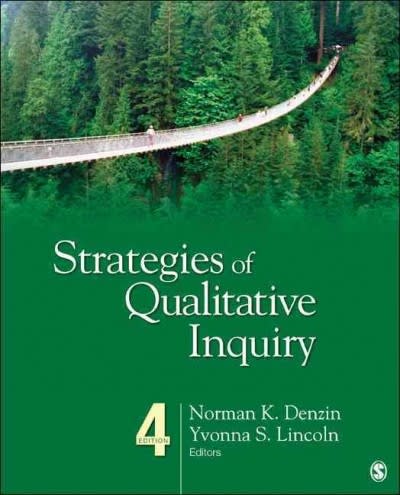Question
Tammy is a 35-year-old Caucasian woman seeking treatment after her release from a 21-day residential drug/alcohol treatment facility. The public child welfare agency refers her
Tammy is a 35-year-old Caucasian woman seeking treatment after her release from a 21-day residential drug/alcohol treatment facility. The public child welfare agency refers her to your agency. Because Tammy was convicted of driving under the influence with her eight-year-old son Jared in the car and because of her continuing substance abuse, the court places Jared in Tammy's mother's (Debbie) physical custody. Tammy has a 20-year history of drug and alcohol abuse, and she has been diagnosed with bipolar disorder. The staff psychiatrist at the residential treatment facility recently wrote her a prescription for the disorder. It is a new medication and is not covered by her insurance. She has been noncompliant with medication in the past due to the side effects, expense, and her drug/alcohol use. She has had brief periods of sobriety but often relapses after a few weeks. This is the longest she has been sober since the birth of her son eight years ago.
Tammy has never been married and has a difficult relationship with her family of origin. Because of Tammy's behavioral problems, her mother, Debbie, placed her in foster care at the age of eight. Tammy reports that her mother was physically and emotionally abusive to her and often would leave her with various relatives to go out with boyfriends. Tammy's father is not involved. Tammy has few friends and little contact with her mother. She is angry that her mother has custody of her son. Tammy has been involved with her son's father, Jamie, sporadically for the past nine years. Currently, she names Jamie as a source of support. Tammy is not currently employed but receives public assistance in the form of Medicaid, disability assistance, and SNAP (food stamps). She lives with her boyfriend, Brian, but would like to have her own apartment. She has her high school diploma and is interested in continuing her education.
[This assessment helps to meet MLOs 3, 4, and 5]
Instructions
Construct a strengths-based, solution-focused intervention plan that includes the following:
- Watch this video by School of Social Work faculty on how to correctly create outcome goals and SMART objectives
- Make at least 2 outcome goals for Tammy focused on addressing her behavioral health needs (mental health and substance use) OR reunification with her son
- For each goal, make 2 SMART objectives for Tammy that reflect solution focused strategies
- Indicate a plan for follow-up for each objective in order to determine if progress is being made on the goals
Step by Step Solution
There are 3 Steps involved in it
Step: 1

Get Instant Access to Expert-Tailored Solutions
See step-by-step solutions with expert insights and AI powered tools for academic success
Step: 2

Step: 3

Ace Your Homework with AI
Get the answers you need in no time with our AI-driven, step-by-step assistance
Get Started


